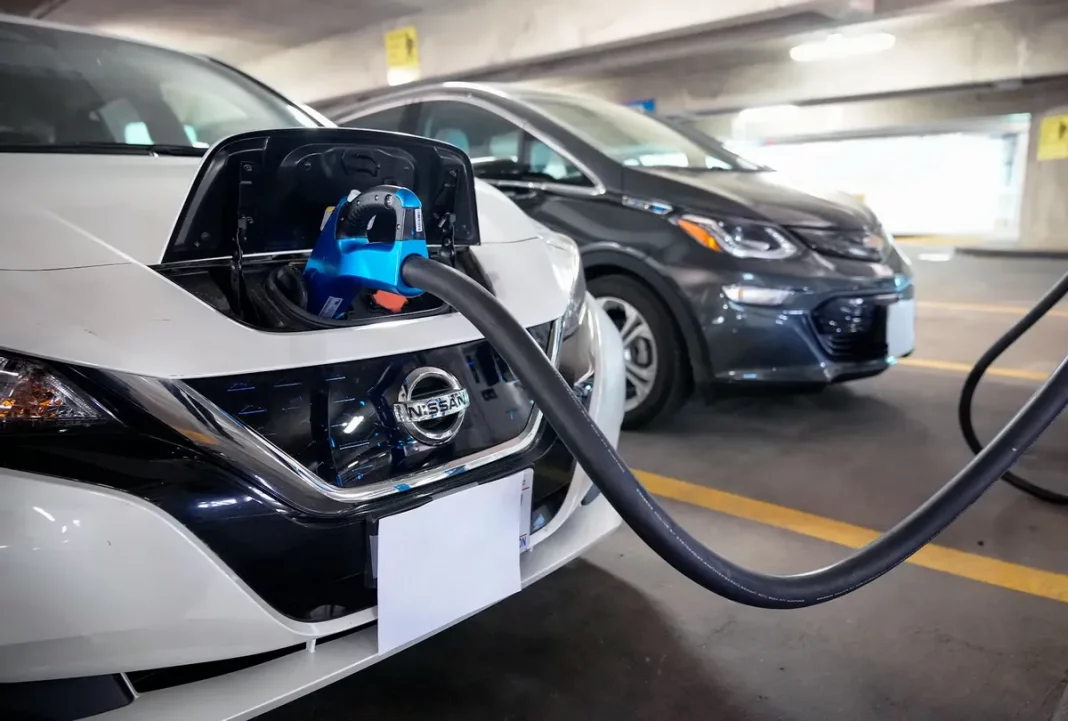Before Republicans have a chance to seize control of both the House and the Senate next year, automakers are making a desperate, last effort to persuade Congress to support an extension of EV incentives.
Auto executives, lawmakers, and consultants claim that the U.S. auto industry will fall short of the Biden Administration’s target of 50% EV sales by 2030 without those incentives, including a renewal of the $7,500 EV purchase tax credit.
That would put the United States, which is already behind China and Europe in EV sales, further behind in EV manufacturing capability and development. According to industry leaders and analysts, the outcome might be fewer jobs and long-term reliance on China for innovation and EV battery raw materials.
Without incentives, automakers would move more manufacturing and innovation to Europe and increase prices in the U.S. market to control profit margins and cash flow, according to Nathan Niese, the Global EV Practice Leader at BCG.
Without incentives, BCG predicts a 12-percentage-point drop in predicted EV sales in 2030. Other studies have discovered a substantial correlation between incentives and higher adoption rates.
The majority of Congressional Republicans are opposed to boosting tax credits.
Did you enjoy this article? Read other articles on CBT News here. Please share your thoughts, comments, or questions regarding this topic by submitting a letter to the editor here, or connect with us at newsroom@cbtnews.com.
Be sure to follow us on Facebook and Twitter to stay up to date or catch up on all of our podcasts on demand.
While you’re here, don’t forget to subscribe to our email newsletter for all the latest auto industry news from CBT News.










